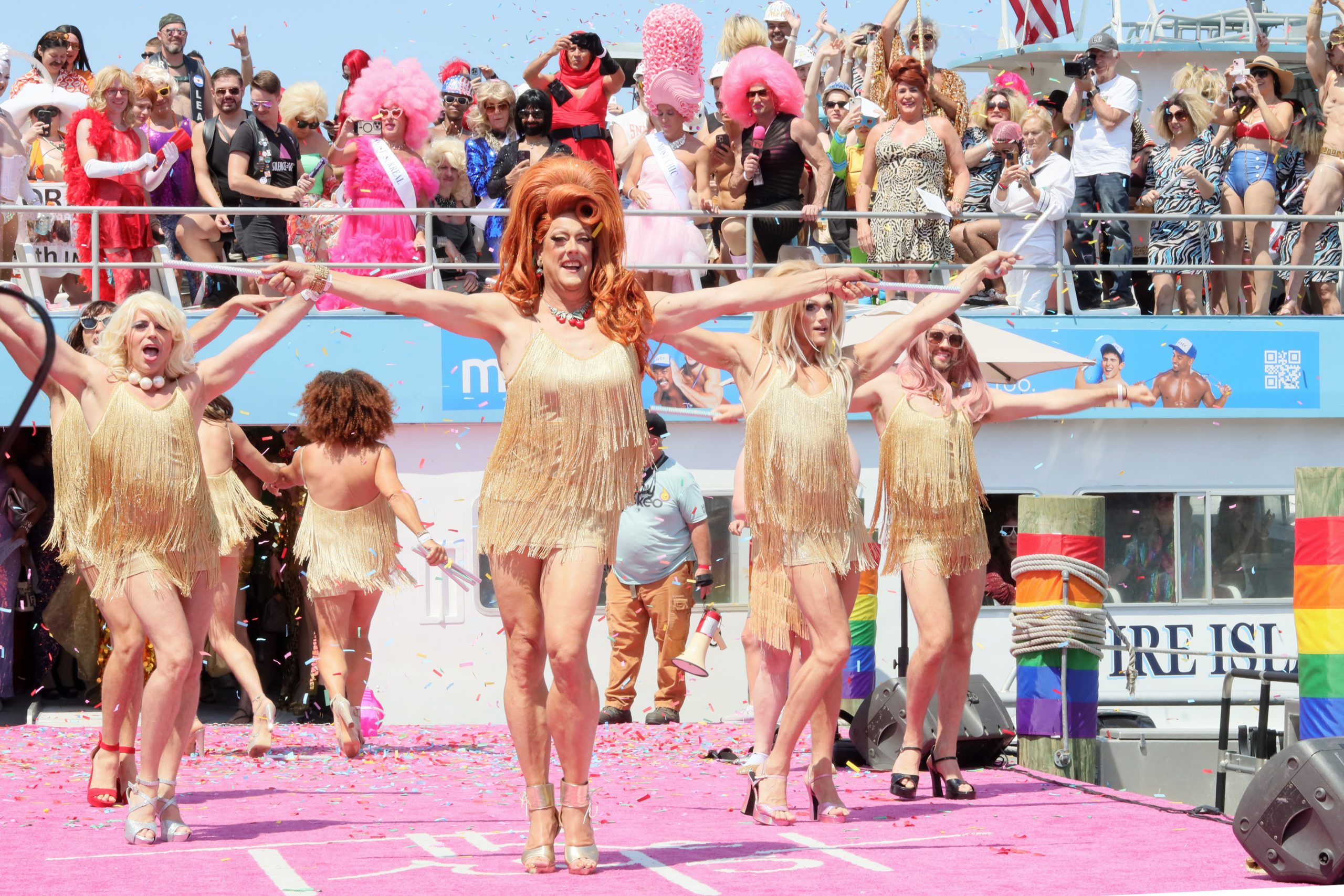**Court Delays Highlight First Amendment Concerns in Drag Show Ban**
A recent federal court ruling in *Spectrum WT v. Wendler* has sparked renewed debate surrounding First Amendment rights and the censorship of artistic expression, specifically concerning drag performances. The case, which concluded after a protracted two-year delay, centered on a government official’s attempt to ban drag shows. The court’s eventual decision, declaring such bans unconstitutional, seemed self-evident to many legal experts, raising questions about the length of the process and the implications for similar cases nationwide. The protracted timeline underscores the ongoing challenges in balancing free speech protections with potential concerns about public order and community standards.
**The Obvious Infringement of Free Expression**
The core issue in *Spectrum WT v. Wendler* was straightforward: Does a government entity possess the authority to prohibit drag shows? The answer, as affirmed by the court, is a resounding no. Drag performances, like other forms of artistic expression such as stand-up comedy, musical theater, and opera, are unequivocally protected under the First Amendment’s guarantee of freedom of speech. This protection extends to a wide spectrum of creative endeavors, encompassing diverse cultural traditions and performance styles. The attempt to ban drag shows constitutes a blatant infringement upon this fundamental right, akin to suppressing other forms of theatrical expression. The court’s eventual decision aligns with established legal precedent, notably *Southeastern Promotions v. Conrad* (1975), which addressed a similar attempt to censor a musical production.
**Delays Raise Questions about Judicial Efficiency and Bias**
While the court’s final ruling is unsurprising, the two-year delay in reaching a decision raises serious concerns. The seemingly straightforward nature of the case makes the extended timeframe perplexing. Critics argue that this delay potentially signals a lack of judicial efficiency or, more troublingly, a subtle bias against certain forms of artistic expression. The time elapsed could have had significant repercussions for the drag performers involved, potentially impacting their livelihoods and careers. Furthermore, the delay itself undermines the principle of swift justice and reinforces the perception of systemic barriers to accessing legal recourse for marginalized communities. The case highlights the need for greater transparency and accountability within the judicial system, ensuring that all cases, regardless of their perceived complexity or subject matter, receive timely and impartial consideration.
**Implications for Future Artistic Expression and Censorship**
The *Spectrum WT v. Wendler* decision provides a crucial reaffirmation of First Amendment rights in the context of artistic performance. However, the lengthy delay underscores the need for ongoing vigilance in protecting freedom of expression against potential censorship attempts. The case serves as a cautionary tale, highlighting the potential for seemingly straightforward legal matters to become entangled in bureaucratic processes, ultimately delaying justice and potentially chilling artistic expression. Legal scholars and advocates for free speech must remain vigilant in monitoring future cases involving restrictions on artistic expression and ensuring that such cases are resolved swiftly and fairly, upholding the fundamental principles of the First Amendment. The protracted legal battle reinforces the importance of continued advocacy for robust protection of free speech rights for all forms of artistic expression.
Based on materials: Vox





